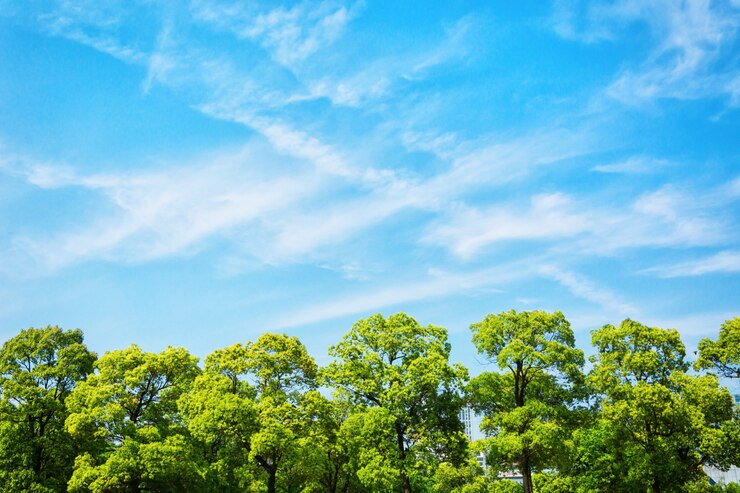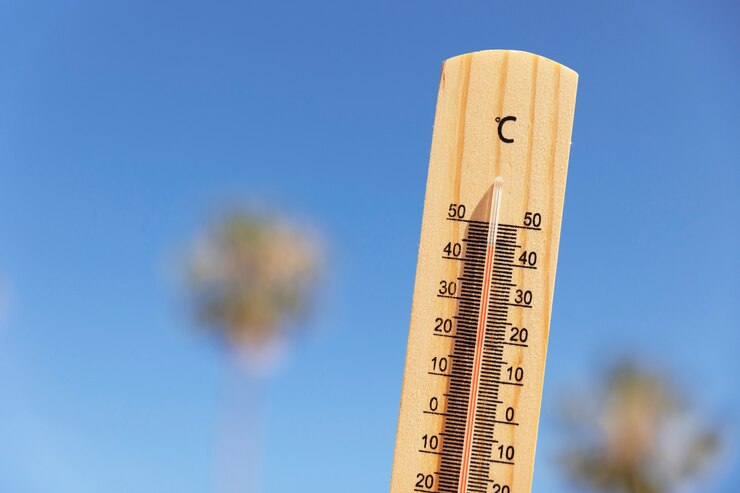September 7: International Clean Air Day for blue skies

A social goal

September 7 marks International Clean Air Day for Blue Skies.
Established in 2019 by the UN General Assembly, this day aims to raise awareness of the problem of air quality, promoting initiatives and actions to improve it.
UN (United Nations) Secretary-General António Guterres outlined guidelines to combat air pollution, stressing that “nations have recognized the universal right to a clean, healthy and sustainable environment.”
Among the human rights, the UN secretary included clean air, a stable climate and healthy nature.
A serious threat

Air pollution poses one of the greatest threats to our Planet and our health.
According to the World Health Organization (WHO), 99% of the world is breathing polluted air that causes 7 million premature deaths each year.
When people are exposed to air pollution and extreme heat, the risk of death increases by about 20 percent. In fact, a recent study published in the journal Circulation (American Heart Association), showed that the combination of above-average temperatures and PM 2.5 particulate pollution could double the risk of death from heart attack.
Health and economic impacts

The only way to mitigate the health and economic impacts of air pollution is through collective action that includes stronger international cooperation through data collection and sharing and research aimed at raising awareness,” said Sheila Aggarwal-Khan, Director of the Economics Division of UNEP (United Nations Environment Program).
According to a World Bank (WB) report, air pollution caused $8.1 trillion in health costs in 2021, or 6.1% of global GDP .
Some of the main drivers of air pollution include emissions from traditional cooking fuels and major household activities.
WHO has estimated that 3.2 million individuals die each year due to domestic air pollution. Women and young children are the most vulnerable, and among the latter, 50% of pneumonia deaths are due to household air pollution.
An important message

Poor air quality is a global challenge in the context of sustainable development, particularly for cities and urban areas in developing countries, with air pollution levels exceeding the limits set by WHO air quality guidelines.
Together we must ensure that the message of International Clean Air Day for Blue Skies becomes a call for global action that leads to long-term changes to reduce air pollution and keep people and the planet healthy and safe.







